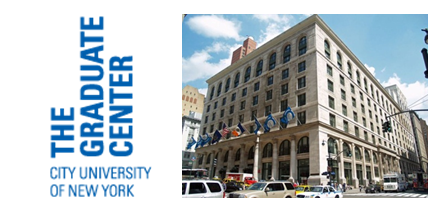This Thursday, May 11, 6:30 pm at the GC:
Capital in the Twenty-First Century by Thomas Piketty is the most widely discussed work of economics in recent history. (Piketty gave a major talk at the Graduate Center upon its release in 2014.) But are its insights about inequality and economic growth on target? And how should researchers explore the ideas Piketty pushed to the forefront? These questions and more are tackled in the new book After Piketty: The Agenda for Economics and Inequality, which is sure to spark much debate in its own right. Contributors join in a conversation to celebrate its release and discuss how lessons from Piketty can help us understand the current economic and political moment.
PANELISTS:
Heather Boushey, executive director and chief economist at the Washington Center for Equitable Growth and author of Finding Time: The Economics of Work-Life Conflict.
Paul Krugman, Nobel Prize-winning economist; New York Timescolumnist; and distinguished professor at the Graduate Center.
Branko Milanovic, GC visiting presidential professor and senior scholar at the Stone Center; former lead economist in the World Bank’s research department; and author of Global Inequality: A New Approach for the Age of Globalization.
Suresh Naidu, assistant professor of economics and public affairs at Columbia University.
Presented with the Stone Center on Socio-Economic Inequality and the Washington Center for Equitable Growth.
Reservations are full but you can watch the event live! at: STREAM PAGE


